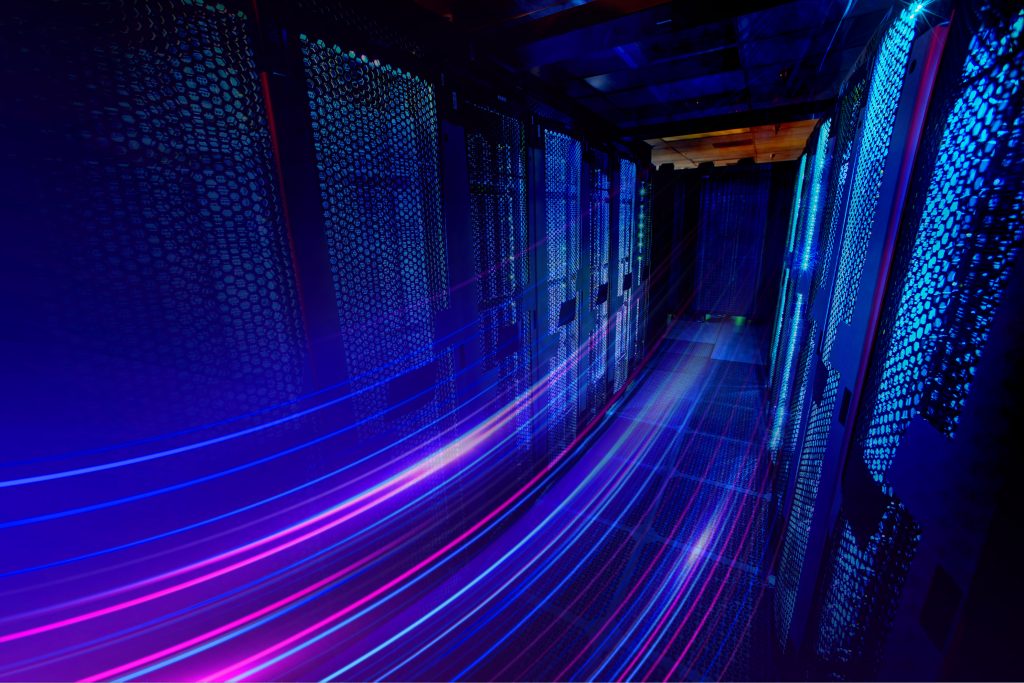
Tech Trends in Hospitality
The hospitality industry is fluid and constantly adapting to new trends. Customer preferences are always changing, and with the speed with which technology advances, they are expecting services to adapt just as quickly to utilise it. Due to the pandemic, customers are now focussed more than ever on the health and safety of the venue that they are visiting and are expecting less human interaction and more automation in the services they receive. To facilitate this, new technology is changing how hospitality venues interact with their customers and how they market their services to them. From Non-Fungible Tokens, to augmented reality, the rapidly expanding world of the Internet of Things and artificial intelligence, there are many new and exciting ways hospitality venues, and their customers, can interact.
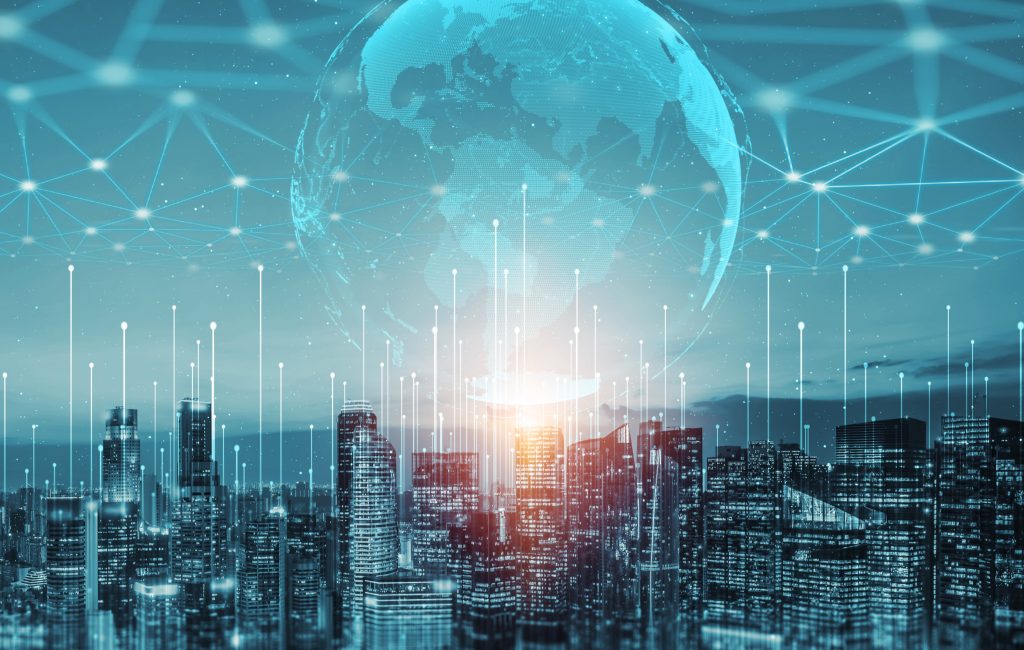
The internet of things
Internet of Things (IoT) is a phrase which refers to everyday devices being interlinked using the internet. The IoT is made up of devices which have an internet connection, but traditionally would not. By having all our everyday devices connected to each other, it allows them to communicate and carry out automated tasks or to be controlled from a central location. Currently, there are approximately 46 billion connected devices which is predicted to grow to 125 billion by 2030. When it comes to hospitality, the Internet of Things opens the door to many different uses.
Climate control devices throughout the building can talk to each other and adjust their settings to maintain the perfect temperature and to use energy the most efficiently, saving money. IoT allows a guest to walk into their hotel room and control everything inside of it with their own smartphone or a device supplied by the venue. It also lets devices remember a customers preference for a certain service, such as their favourite drink or how hot they like their shower, and to then store that information for later visits. Taking that one step further, that same data can be stored in a hotel chain’s database, meaning that whatever a guest needs or wants will be met wherever they may visit one of those chains hotels.
Additionally, IoT provides the back of house staff with information regarding maintenance on devices and equipment in the business. This reduces downtime and the need for manual check ups on the various machines that make up the network, as well as reducing costs.
IoT integration creates many security vulnerabilities in a venues network. This is due to the fact many of the devices that are a part of the network, not being built with security issues in mind. For example, in 2017, cyber criminals were able to access a casinos network by hacking into a smart fish tank. Also in 2017, a hotel in Austria had its system infiltrated, resulting in guests being locked out of their rooms and hotel staff locked out of their own computer systems. They were only able to regain control once they had paid the bitcoin ransom. Countering such attacks will require businesses to have in place a comprehensive cyber security plan and to source devices which are designed with security features in place.
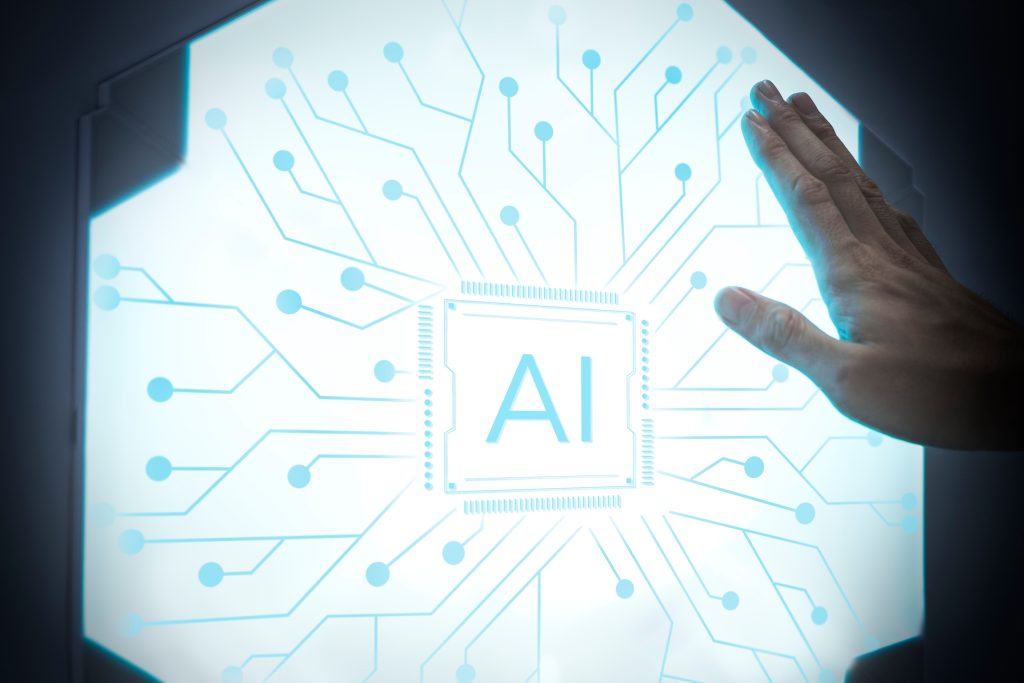
Artificial Intelligence
The enormous quantity of data gathered by the IoT, which by 2025 is predicted to be a mind numbing 80 zettabytes, is far too much for a human being to collate, analyse and present. This is where artificial intelligence comes in to do its part. AI automates the data gathering and analysis process, sorting the wheat from the chaff, allowing you to make the best possible decisions with the information the data gives you. AI is integral to enabling personalisation in your business, with the information it gathers teaching it what each guest is interested in. The AI can then provide suggestions for them, whether that be for a local restaurant or a cultural event they might wish to attend.
AI controlled chatbots mean that a hospitality business can be in communication with prospective and current customers 24/7. These chatbots can then communicate the information they gather further down the line for later use in optimising the customer experience. Artificial intelligence also plays a crucial role in revenue management for hotels. From analysing guest occupancy data, it can then carry out room rate optimisation, change room pricing, and can compare prices and performance against competitors. Hospitality businesses which can fully utilise the current and future potential of AI, will find themselves leading the pack and delivering the highest quality experience to customers.
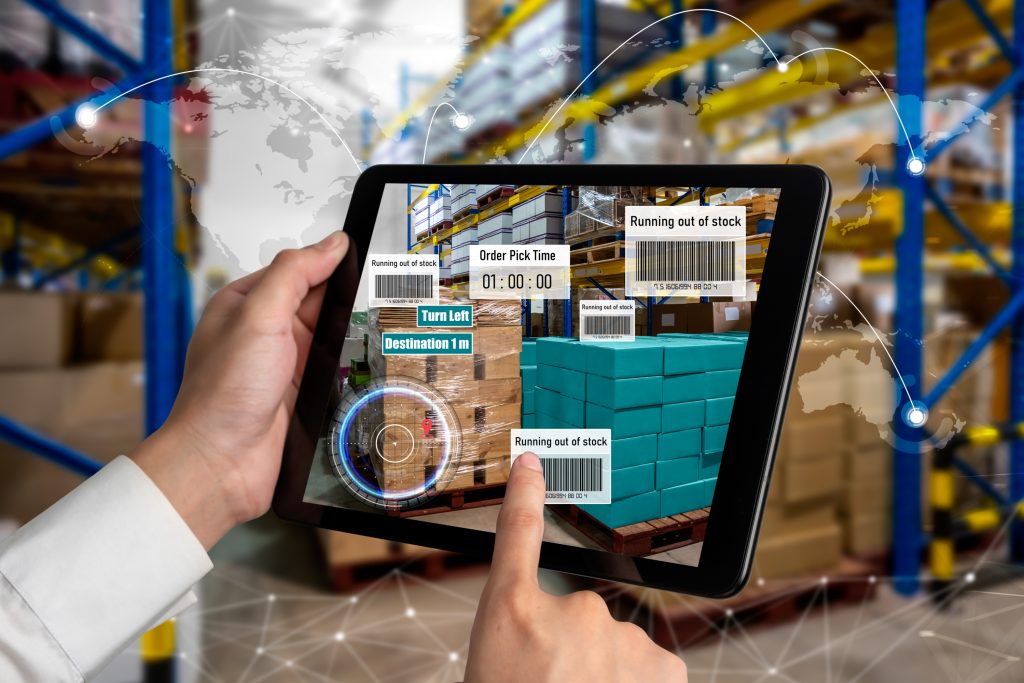
Augmented Reality
Having first been used in hotels in 2012 during the London Olympics as a way for guests to interact with athletes, augmented reality (AR) is perhaps one of the “older” technologies used by hospitality venues. AR allows hospitality businesses to change the way guests perceive the world around them by enhancing the physical environment around them and the experiences they will have when exploring the surrounding area. AR gives businesses the ability to provide AR compatible information which can be viewed on a device such as a smartphone. For example, a guest could download an app which then allows you to hold the phone up to a window and it will display information such as where the closest train station or café was in an overlay over the real environment.
For staff, AR gives them a new training tool, as it can be used to provide instructional overlays over various pieces of equipment. It can also be used to provide information to maintenance staff when they need to fix something. The additions which can be made to our physical world with AR are basically limitless and are a fantastic way to deliver information to guests in an interesting and engaging manner.

Non-fungible tokens
Another technology, which has been around for a while but really exploded in popularity and use during the pandemic, are Non-Fungible Tokens (NFTs). NFTs are unique digital assets which can be bought and sold on a blockchain. Types of NFTs include digital files such as photos, videos, audio or basically anything that can exist in the digital world. Hospitality businesses have taken to creating their own NFTs to market their brand and to also create some much-needed revenue after the pandemic. Marriott international was one of the first major hospitality brands to become involved in the NFT space. In December of last year, they released three NFTs, each depicting a different aspect of travel. The NFTs were won by people who had entered a lottery and they were also awarded 200,000 Marriott Bonvoy points, which is Marriott’s loyalty reward program. Budweiser, McDonalds, and Pizza Hut are among other major brands which have launched their own set of NFTs.
The use of NFTs as a booking/reservation token for a table at restaurants could help alleviate people making a reservation then never showing up, losing the restaurant money. If a patron was not able to show up, they could sell their token to someone else to use instead. Real world uses such this could make all the difference in making sure a venue has a steady stream of income. NFTs have created a new and engaging way for hospitality businesses to market themselves and their brand in the digital space which has already made a strong impact.
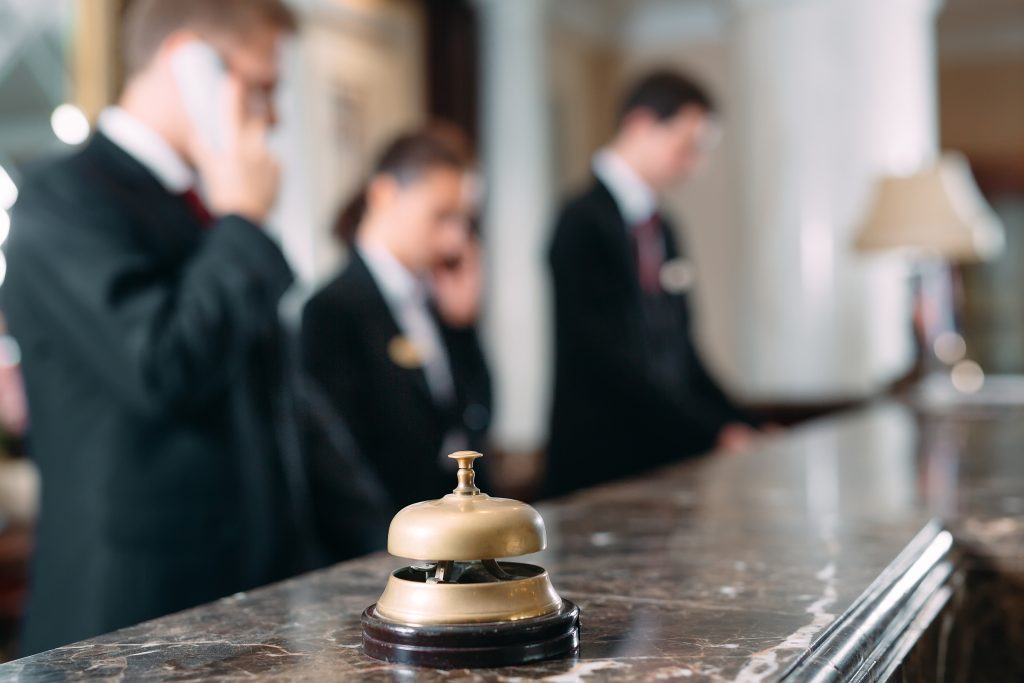
While most of this technology is currently only being applied in the hotel space, there is no reason why it cannot also be harnessed to improve other areas of the hospitality industry. AI can be used in any business for the purposes it is in hotels. Augmented reality could be used in restaurants for customers to view dishes at their table before they have ordered them. All of our devices will continue to become more interconnected in the Internet of Things and NFTs provide a new opportunity for brand exposure and money making. With the help of technologies such as these and others, hospitality can return to its former strength.
